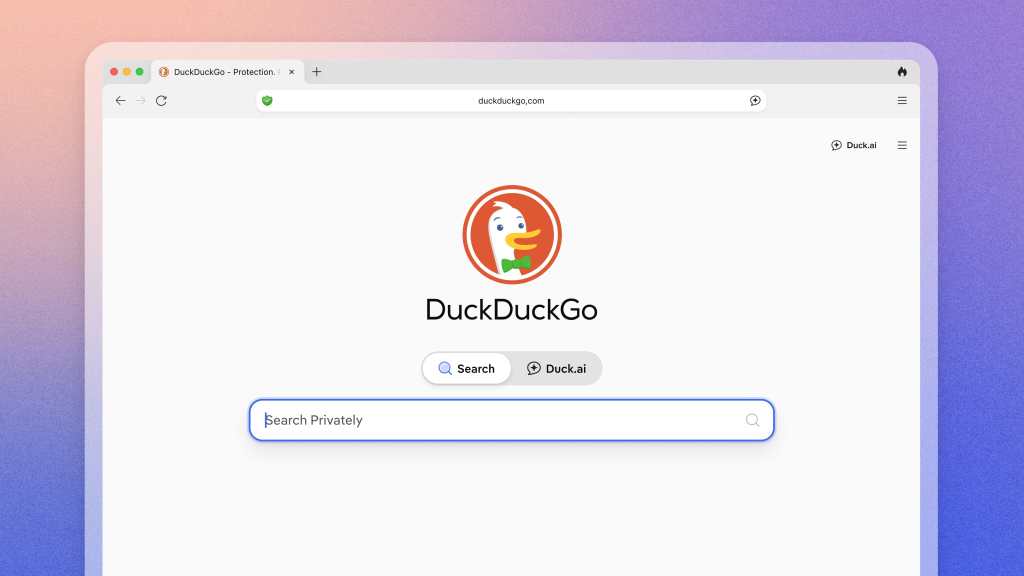Manila Community Radio (MCR) is exactly what it sounds like—an online radio station headquartered in Manila, Philippines.
But there’s more to it than meets the ears.
Videos by VICE
“Around the 2010s, there was this general notion that Filipino [music], or so-called OPM (Original Pilipino Music), was dead. I have no idea where and why it started, but it frustrated me a lot because there were so many talented Filipino artists on the internet,” said Javier Pimentel, who helps organize MCR shows. He added that when he started digging for local music a few years after, he found plenty of Filipino artists online who just weren’t getting as many listeners as they could have been getting.
When local talent could perform live, it often didn’t allow for creative expression. Artists were expected to conform to fixed tastes, bands sacrificed a unique sound to produce what their label thought would sell, DJs pandered to the crowds of clubs to keep getting booked.
Then the COVID-19 pandemic took concerts and club nights away from the city, leaving people with only one place to get their music: the internet. So that’s where MCR went.
On the MCR website, musicians can either transmit their music live or submit pre-recorded “shows” (aka sets) for anyone around the world to tune in to. After the shows go live, they’re kept on the website for anyone who missed them or wants to listen to them again. Musicians from all around the Philippines, no matter their genre, are invited to submit shows and play whatever they want. It’s a space for them to broadcast their work as well as a growing archive of what’s going on in the local creative scene.
A radio station where artists can play whatever they want might seem chaotic, especially at a time when streaming platforms seem to know what kind of music we like before we do. But that’s part of the point. The station wants to take the power of discovering music away from algorithms and give it back to musicians and listeners.
“I’d describe the music we play as ‘anti-algorithmic,’ where broadcasters have the creative freedom to play whatever they intend to on air. The general public has become too reliant on streaming services to choose and explore music for us, so music discovery and curation have become less explored and underappreciated,” said Anton Ventura, who takes care of MCR’s general operations.
The people behind MCR are not the only ones wanting to change the way people find music. Many other music lovers have criticized streaming services for making discovering music more of a background experience than something engaging. Instead, they find new music through online music stores, their local record shops, and online radio.
A quick look at MCR’s archives might make one think it only plays DJs and electronic music. But the station has featured talk shows and podcasts and is expanding through other styles of music and even non-musical formats like video, panel discussions, and workshops. It has even posted audio recordings of interviews by local writers with musicians.
In her show, “Music of Self and the Marginalized Other,” Maria Christine Muyco, a music professor, combines a recording of a native Filipino vocalizing technique with her own compositions. The music is eerie and unfamiliar at times but still intimate and captivating. It sounds more like something you might hear in a museum than anything you’ll find on a playlist that an algorithm “made for you.”
“Whether [listeners] understood our music or not, what matters is that MCR and their following have recognized the uniqueness of each artist that they featured. There was so much respect of each style and identity,” said Muyco.
While it has the country’s capital in its name, MCR has helped people discover not just artists in Manila, but also emerging subcultures from around the Philippines.
“Recently we had two DJs from Baguio [a mountain city north of Manila] who sent in some good mixes and are showcasing the growing dance music scene in their city,” said Pimentel.
One of those DJs who goes by the stage name cartfilling submitted a live recording of a DJ set he did in Baguio.
“Being in Baguio, it’s hard to organize raves as the city government doesn’t give space for it. We have a ‘silent night ordinance,’ which does not allow any loud music after 10 p.m.,” cartfilling told VICE. That’s why the rave he played at was an afternoon one in a coffee shop. Still, “people were sweaty and dancing their asses off.”
Published on MCR with the title “Taking My Time,” cartfilling’s set doesn’t just feature music. Thanks to faulty cable management, the recording also includes chatter from the audience. For him, picking that up was a pleasant surprise because it helped bring the energy of the actual rave into the recording.
Part of the reason cartfilling submitted his set to MCR was for people to see how his rave community worked around its city’s constraints, and to see how others organize their own raves in their cities. But for him, it doesn’t stop online.
“A ‘scene’ only exists if people are able to come together in the first place. I hope we meet each other soon IRL.”
Giving artists opportunities to share their music online has also allowed MCR to give artists opportunities to share their music offline.
The station worked with Nike on the Philippine leg of a campaign featuring creative communities from around the world. Part of the campaign was an event in an old building in Manila’s nightlife district, which featured several MCR performers.
“Beyond MCR as a platform being the face of the campaign, I think us being able to platform and program most of the acts during that day really meant a lot because putting underground names in such a big event with Nike was something we never thought could be done,” said Pimentel.
Manila Community Radio also recently won Boiler Room’s Broadcast Lab, “a grant scheme to power ideas in the broadcasting space” focused on innovative programming concepts, underrepresented artists, community, and collaboration.
For the program, MCR will “produce a show spotlighting budots, and its mutations, as a grassroots genre,” said MCR archivist Sai Versailles. Budots is a hyperlocal genre of electronic music, and an accompanying dance craze, that combines whistle hooks, samples of noises from animals and vehicles in informal settling areas, basslines, and percussion layers. MCR wants to use it to challenge what electronic music events look and sound like according to western standards. “Through this project, I’m excited to be challenged once again, in exploring alternatives to western sensibilities of dance and electronic music,” Versailles said.
They’ve only been on the virtual airwaves for three years, and while Manila Community Radio was originally a way to keep music playing through the pandemic, it’s clear that its music, and its community, will only keep going from here.
Follow Romano Santos on Instagram.
More
From VICE
-

Photo: dbvirago / Getty Images -

Credit: DuckDuckGo -

Photo: Oleg Breslavtsev / Getty Images -

Photo: HEX / Getty Images



